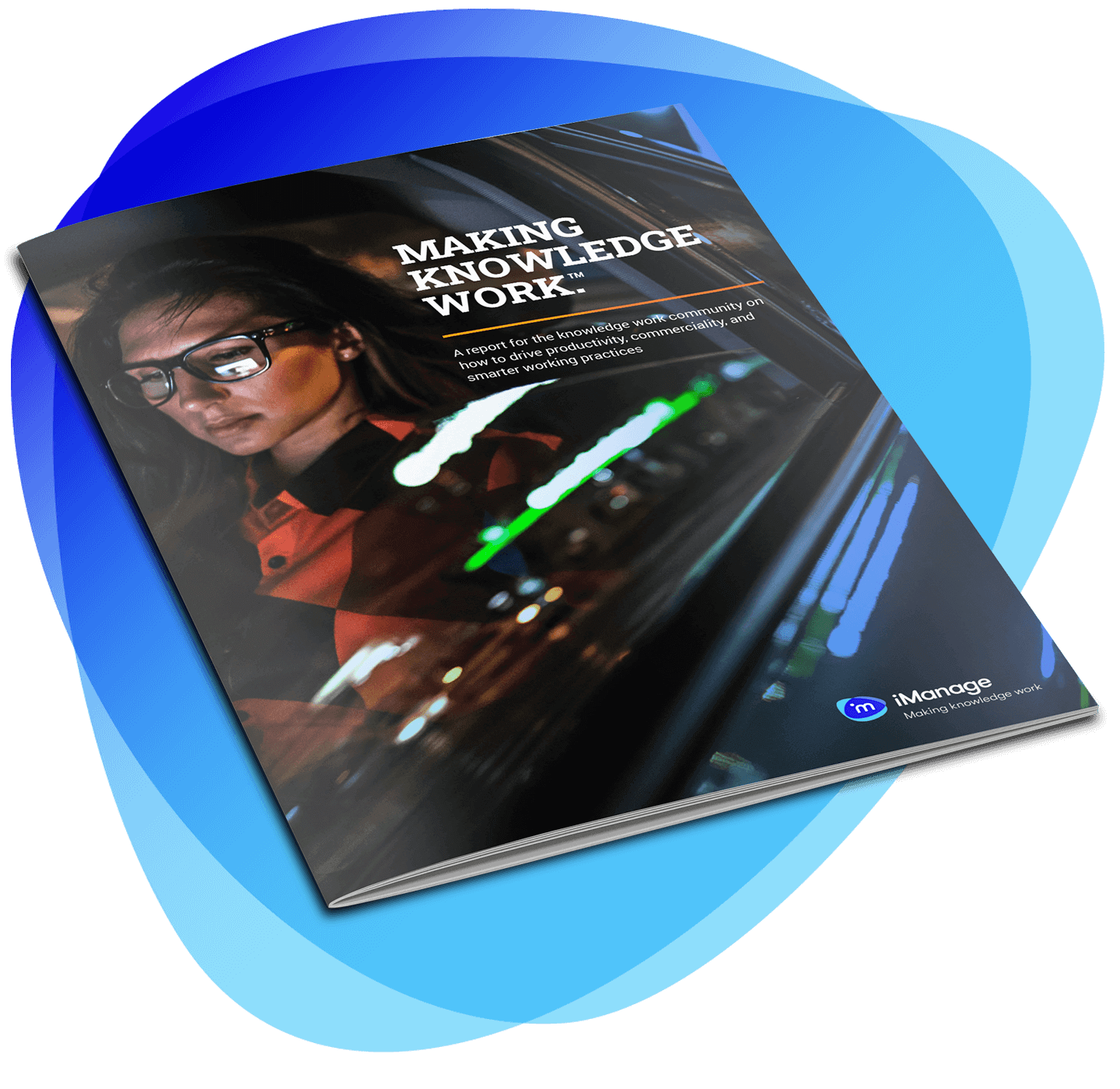One of the joys of being a part of the legal tech space is the range of topics that seemingly impact how legal professionals get work done or not done. There is so much discourse around external factors that influence making knowledge work that we lose sight of the humans behind, and acting upon the high-value knowledge.
Headspace versus bandwidth
People often cite lack of time as a reason some lawyers don’t contribute to knowledge or innovation initiatives, but perhaps a lack of headspace is the more considerable limitation.
Even if you have a spare 30 minutes, I doubt people would get much done because most lawyers have ever-expanding and never-condensing to-do lists. Most also realise too late that completing a to-do list is impossible. To unlock the knowledge within our minds, let alone our organisations, sometimes we need bigger units of time. How do you make time for time when your time is so valuable and even has a price point against it?
Retain versus replace
Hiring new lawyers has undoubtedly become costly as firms battle for talent, but losing a good employee can create an even more significant dent in the firm budget. Gallup reports that the cost of replacing an individual employee can range from one-half to two times the employee’s annual salary. Adding that to the cost of your new employee’s (likely higher) salary means that turnover isn’t just frustrating – it’s expensive.
Features versus value
When you engage in a conversation around implementing a legal tech solution, how quickly does the conversation get consumed by the talk of features rather than the value and the organisational and human outcomes any new implementation will or should drive? It’s hard to steer a conversation towards value when people want to see the features. And even when the solution has been implemented, sometimes specifically for feature X, it turns out feature X is mainly irrelevant, but feature Y is what brings the most value.
The old way versus the new way
“A new world of hybrid working necessitates a bold vision for how legal professionals should collaborate – so it seems fitting that the answer is collaborative.” Briefing explores a compelling new strategic partnership with Neil Araujo, CEO of iManage, and Alan Gibson, director of legal and compliance innovation at Microsoft, discussing the goals and focus of the two vendors, as well as their perspectives on the world of modern work in legal.
Until next time, keep celebrating the human component of knowledge in tandem with tech.
This article first appeared on LPM


